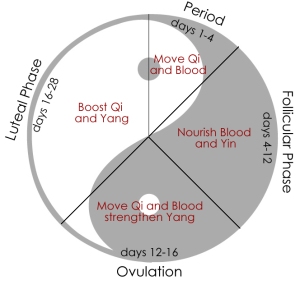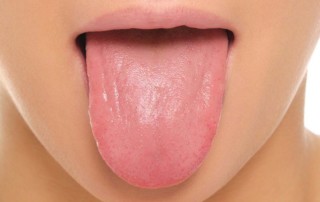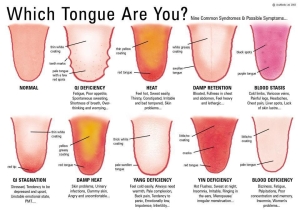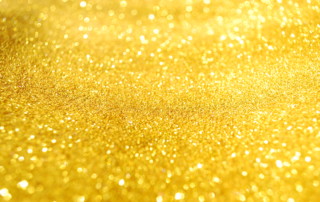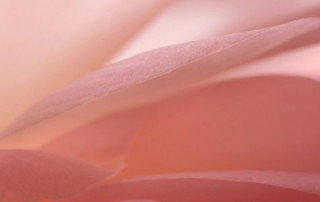Glossary of Terms
This is a glossary of common terms in Traditional Chinese Medicine excerpted from the book, 7 Times a Woman. If you do not see a term you want defined, please see Appendix B in the book.
Acupuncture (针砭, zhēnbiān, or 针刺, zhēncì) – Refers to inserting tiny needles into specific points in the body called acupuncture points. Acupuncture points (also used for acupressure) are places where energy pools along energy pathways. The greater concentrations of Qi (energy) located at acupuncture points make them more powerful locations to move Qi through the entire channel.
Blood (血, xuè) – In Traditional Chinese Medicine contains the Qi and houses the Spirit. Blood is the physical manifestation of Qi and is inseparable from it. Qi gives life to the Blood, while Blood gives Qi physical form. Blood is moistening and lubricates the sinews and tendons and nourishes the skin and hair.
Jing (Essence) (精, jīng) – The product of what is inherited from the parents and what is taken in from the environment (through eating and breathing). It is stored in the Kidneys but also circulates throughout the body. It is influenced by diet, lifestyle, and herbs. It relates to the individual’s constitution which is possible, yet difficult to alter. Kidney Jing guides our maturation, development, and reproduction. It is the slow, fluid movement of the Kidney Jing that is described in the 7 year cycles women experience.
Meridians (经线, jīngxiàn) – The pathways or circuits of energy flow through the body, also called Channels.
Moxibustion (moxa) (艾炷灸, àizhùjiŭ) – A central therapy in Traditional Chinese Medicine, often used with acupuncture during treatment. The leaves of Ai Ye (mugwort) are dried then formed into cones, sticks, or left loose, after which it is called “moxa.” Moxa can be burned directly or indirectly on acupuncture points to warm the meridians and stimulate the flow of Qi.
Qi (气, qì) – Literally translates as “life force energy” or “vital energy.” It is insubstantial. Qi can be felt (and seen by some), but it does not have form. It is what enlivens the body; like electricity that lights up a house. Qi has six functions within the body: transforming, transporting, holding, raising, protecting, and warming.
Shen (神, shén) – The spirit of the Heart and can also be translated as “consciousness.” In TCM, the Heart houses the Mind. It also refers to the overarching spirit of the person. The Heart Shen is the part of a person that is conscious of being and integrates the other spirits of the four other spirits: the Hun, Po, Yi, and Zhi. Imbalance in the Heart causes the Shen to scatter, leading to mental and emotional disturbances.
Traditional Chinese Medicine (TCM) (中医, zhōngyī) – Often used to describe the standardized traditional medicine of China created by post-revolutionary China. It is also used to describe the broader traditional medicine that evolved in China and Taiwan. Some propose using a broader term such as Traditional Asian Medicine to include Japanese, Korean, and other evolutions of the medicine. TCM relies on acupuncture, moxibustion, qigong, herbal medicine, cupping, gua sha, and massage. In Asian countries it also includes bonesetting and chiropractic adjustments.
Yang (阳, yáng) – Relates to the insubstantial, Qi, the sun, heat, movement, excess, rising, morning, back side of the body. Exists only in relation to Yin.
Yin (阴, yīn)– Relates to substantial, Blood and body fluids, the moon, cold, stillness, deficiency, sinking, evening, front side of the body. Exists only in relation to Yang.



